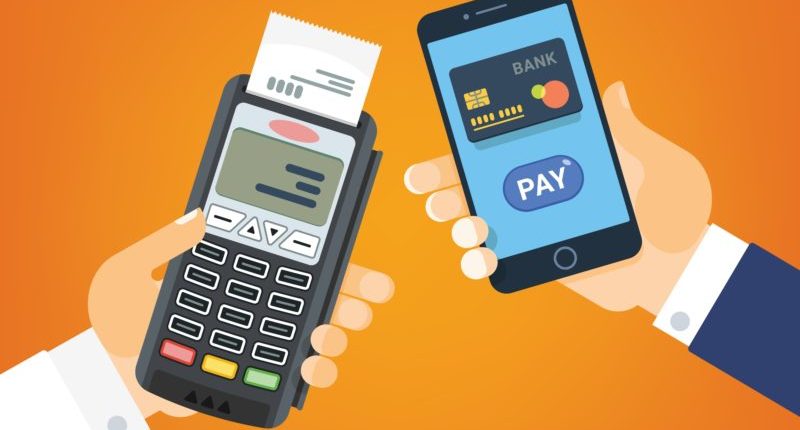Every business with a turnover above Rs 50 crore in the previous financial year should provide prescribed modes of electronic payment. All types of companies, including B2C and B2B, need to deploy e-payments facilities. CBDT now exempts B2B entities from providing specified e-payment facilities.
The prescribed modes notified are:
- Debit Card powered by RuPay
- Unified Payments Interface (UPI) (BHIM-UPI)
- Unified Payments Interface Quick Response Code (UPI QR Code) (BHIM-UPI QR Code)
The above modes of payment were notified from 1 January 2020. The purpose of mandatory deploying of e-payment facilities was to encourage digital transactions and promote a cashless economy. Also, the mandate required the bank or the payment system provider not to levy any charges or merchant discount rate on the customers as well as merchants for the modes of payments. Banks and RBI should absorb the costs associated with the prescribed electronic methods of payments.
Every business covered by the provisions should update the prescribed electronic modes of payment on the income tax e-filing portal. A failure to comply attracts a penalty of Rs 5,000 per day during which the default continues.
Also Read: RBI extends digital payments facilities round the clock
The income tax department received several recommendations that the prescribed mode of payments are generally applicable to B2C business who have retail customers. Also, the prescribed modes have a maximum payment limit per transaction or per day. Hence, e payments modes are not relevant to B2B entities which receive mostly large payments through NEFT and RTGS. Deploying the prescribed electronic modes causes administrative inconvenience and imposes additional costs.
After considering the recommendations, the CBDT addresses the concerns of the taxpayers and exempts B2B business entities from deploying the prescribed e payments facilities.
For any clarifications/feedback on the topic, please contact the writer at sweta.dugar@cleartax.in
I am a Chartered Accountant by profession. I specialise in personal taxes and corporate income tax matters. I am an avid reader and track developments in financial markets, economy and other market developments.





